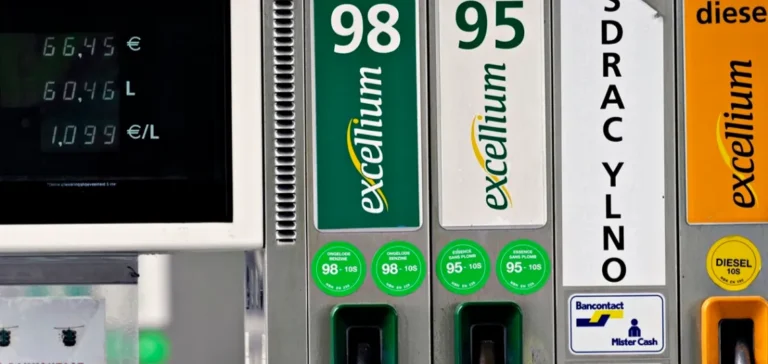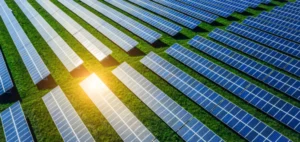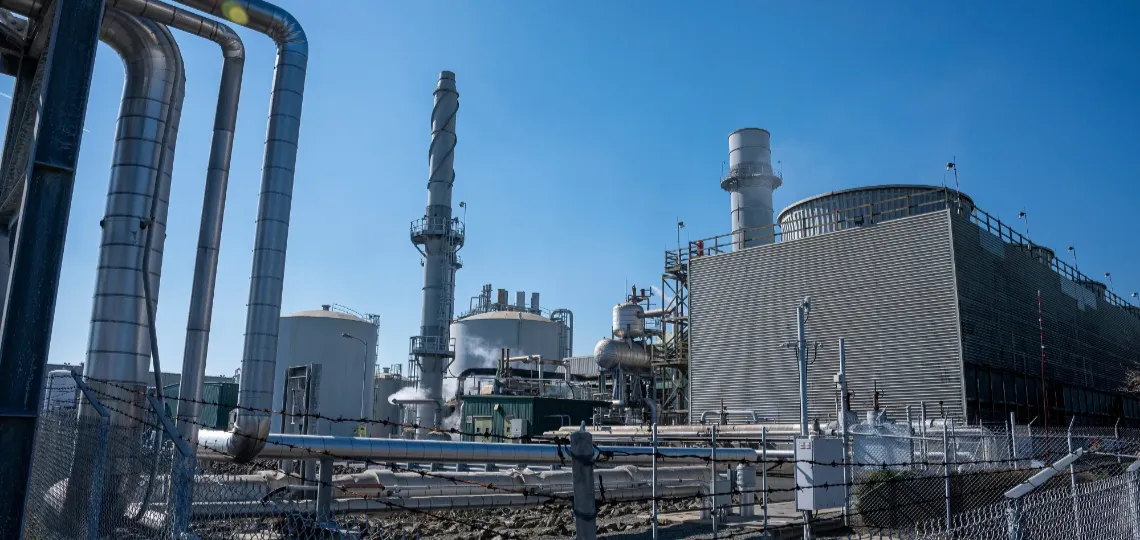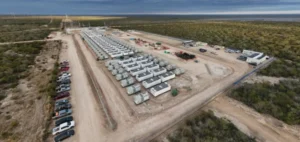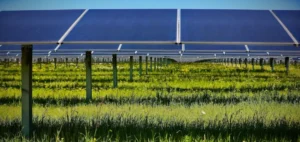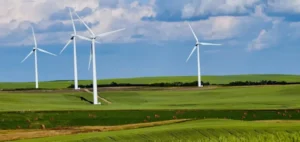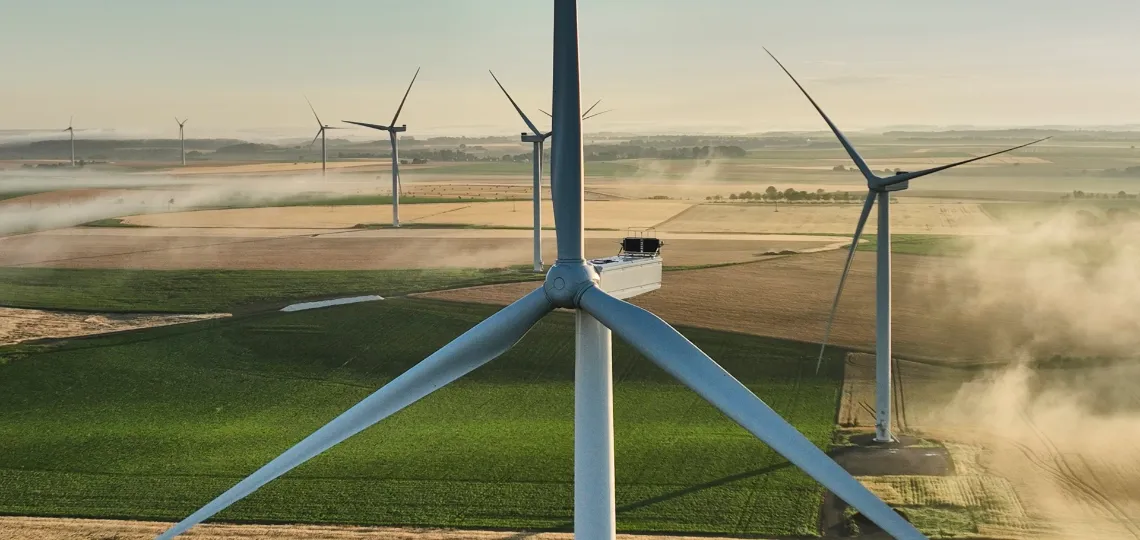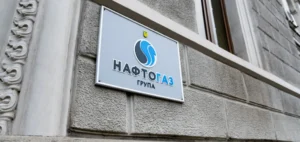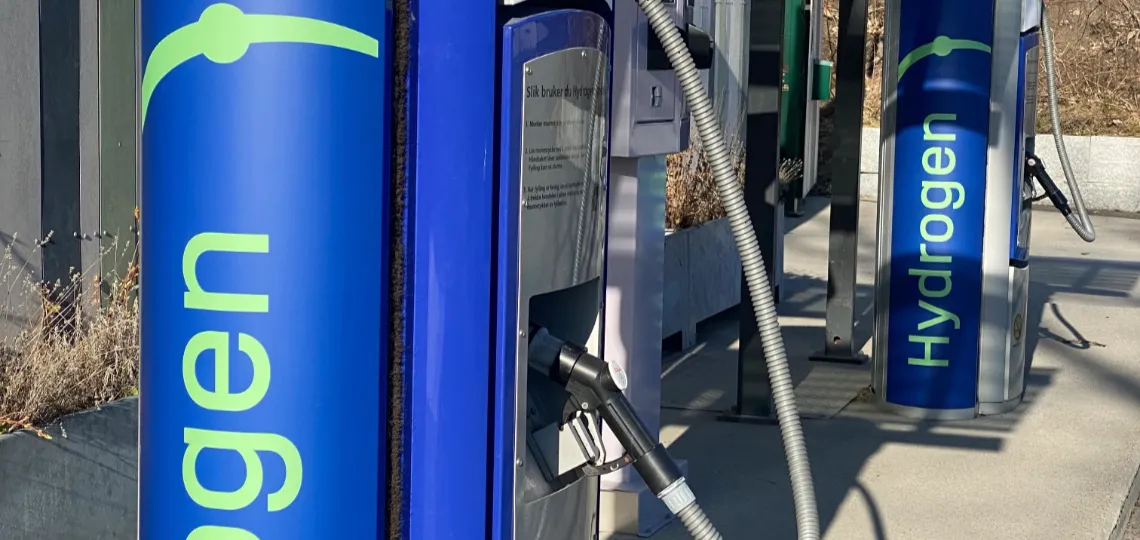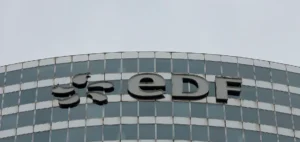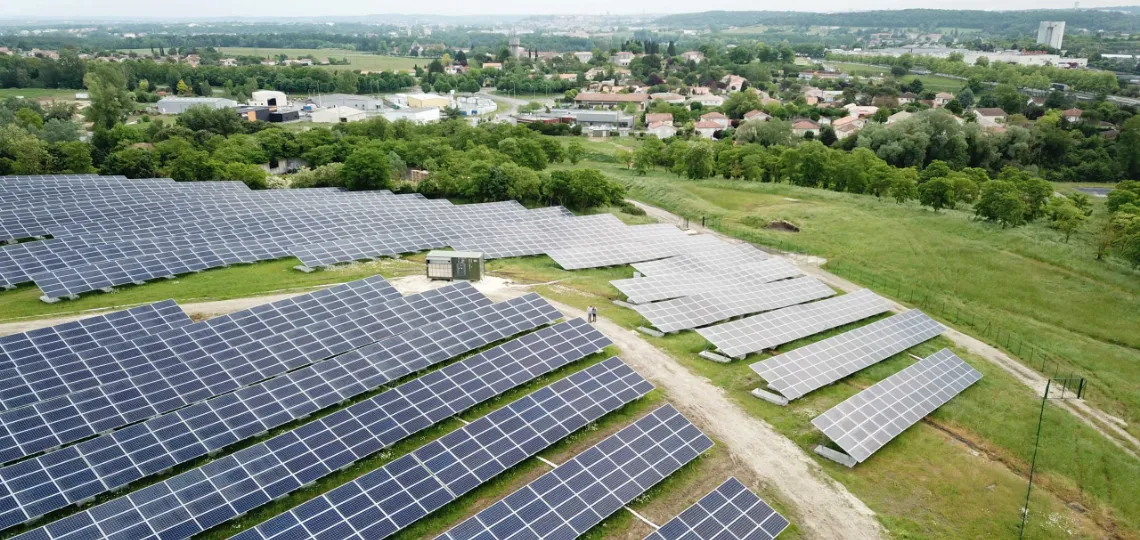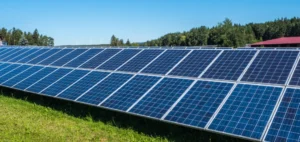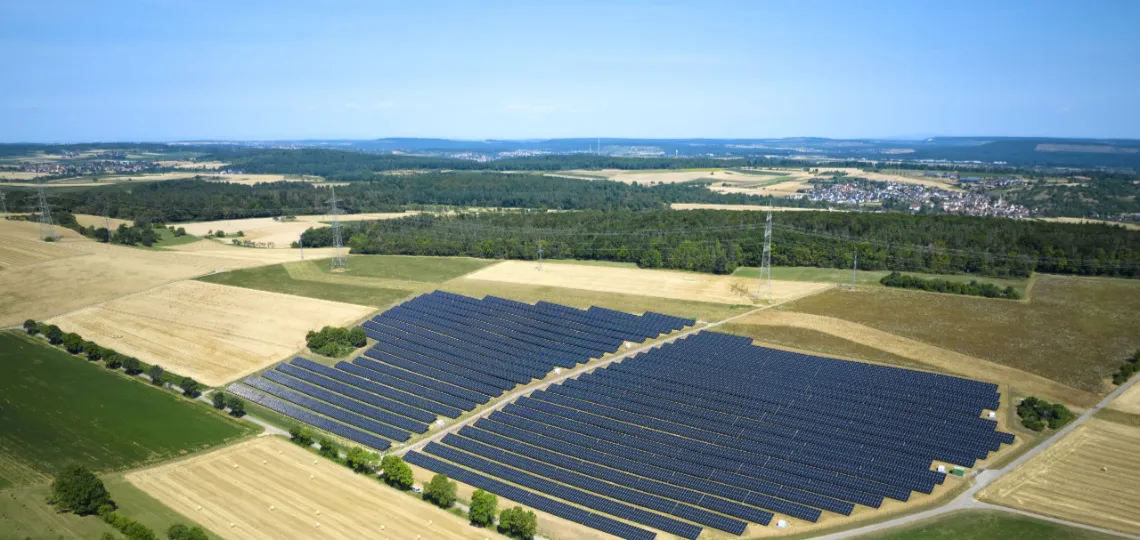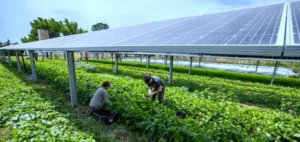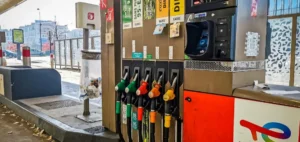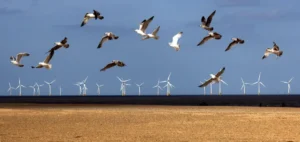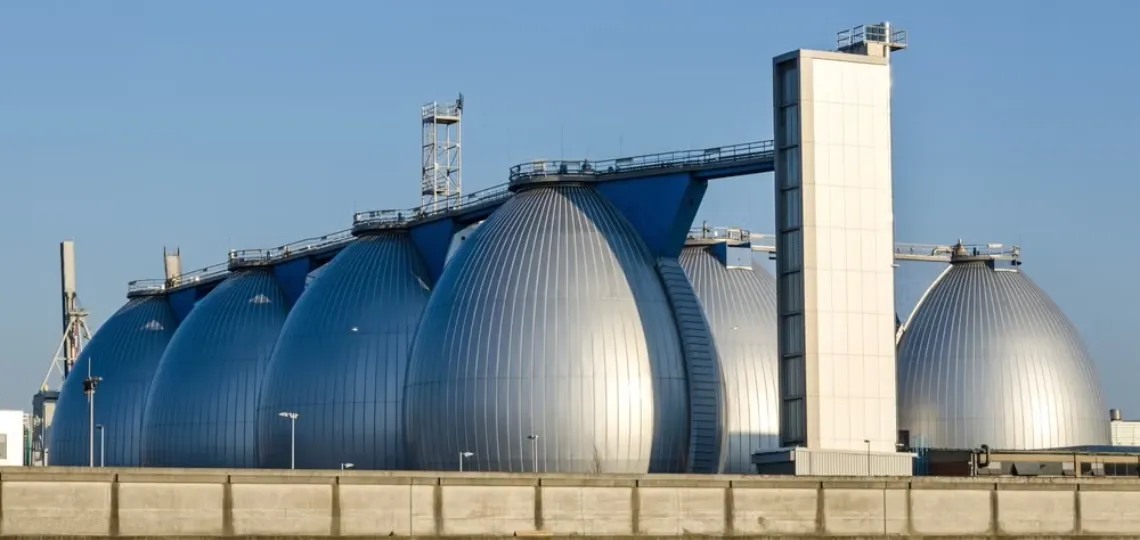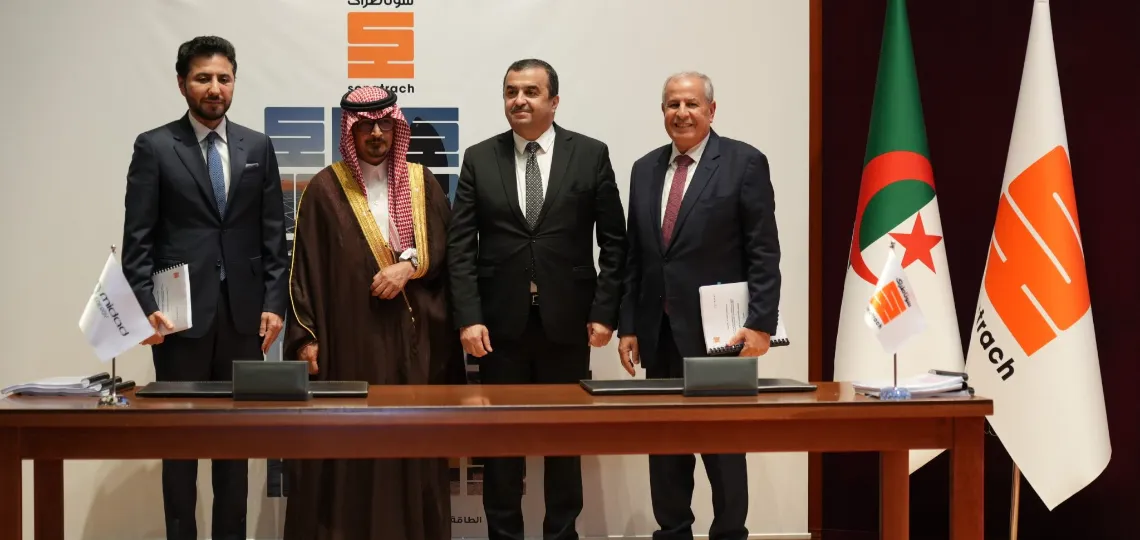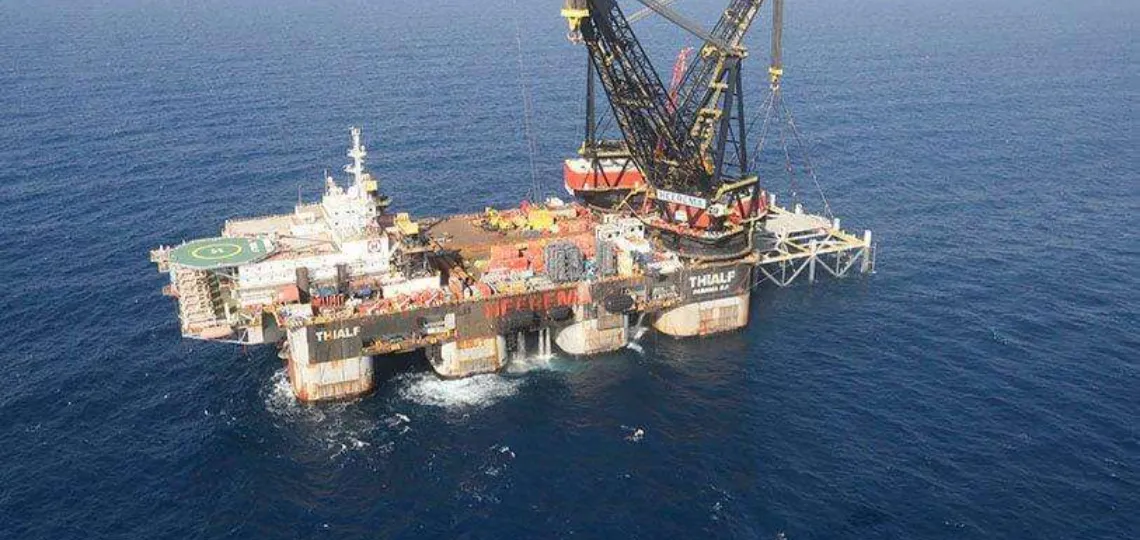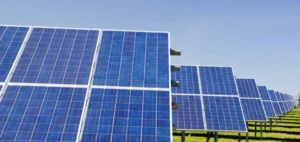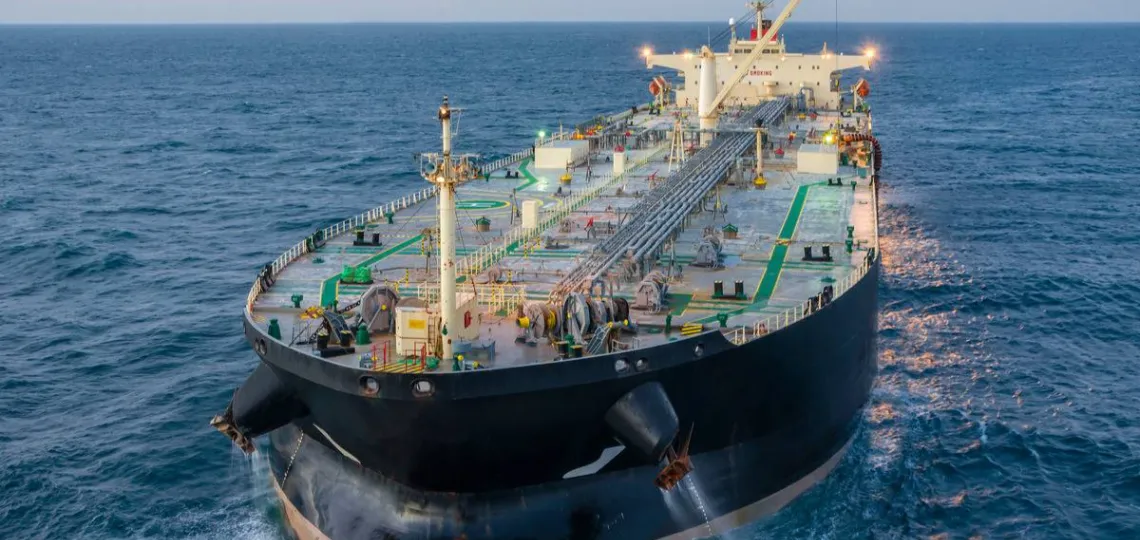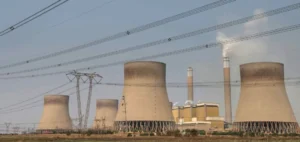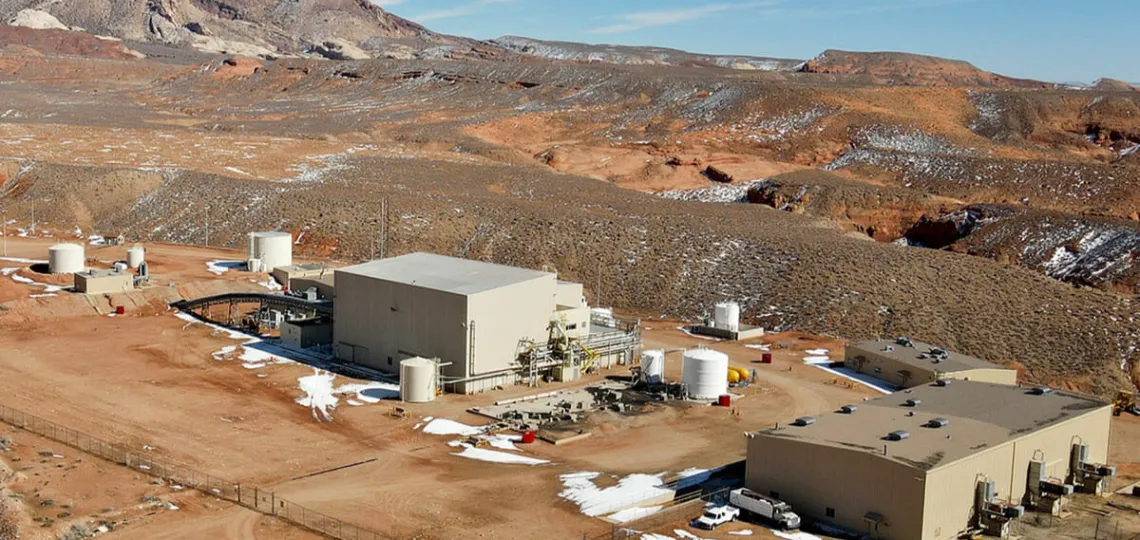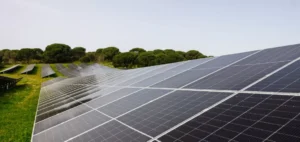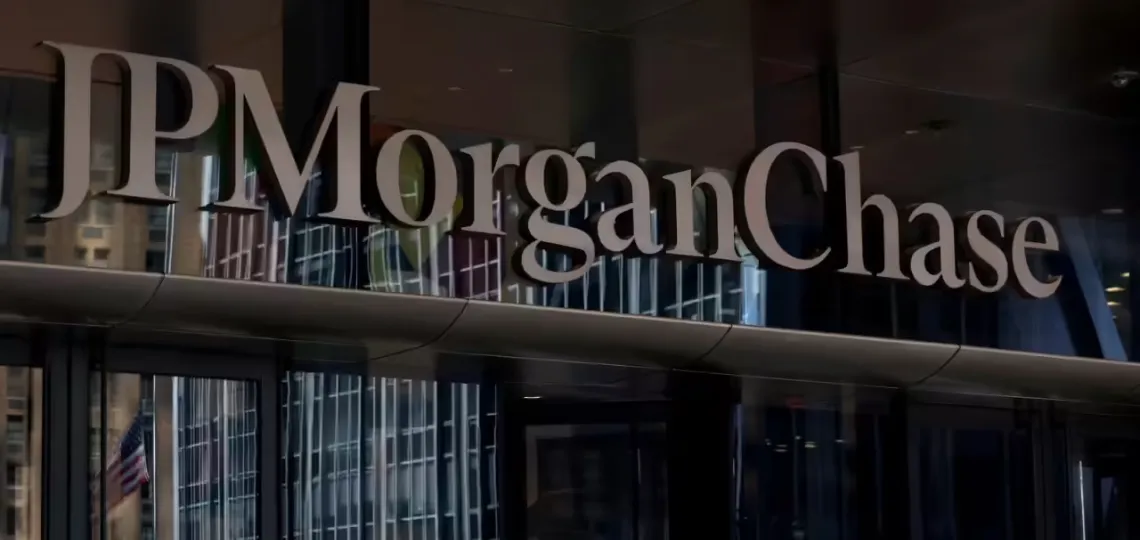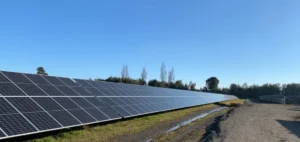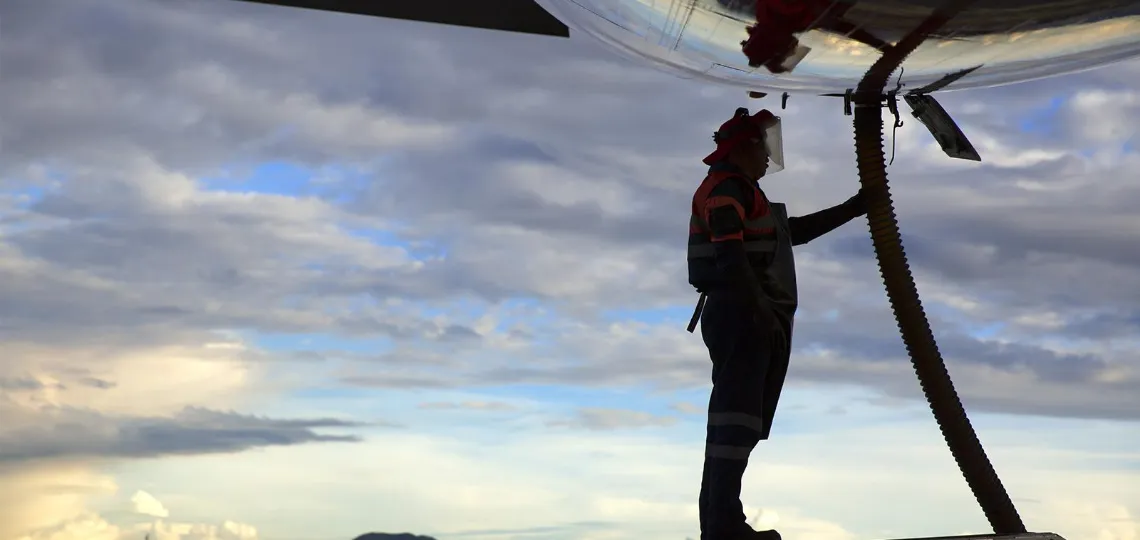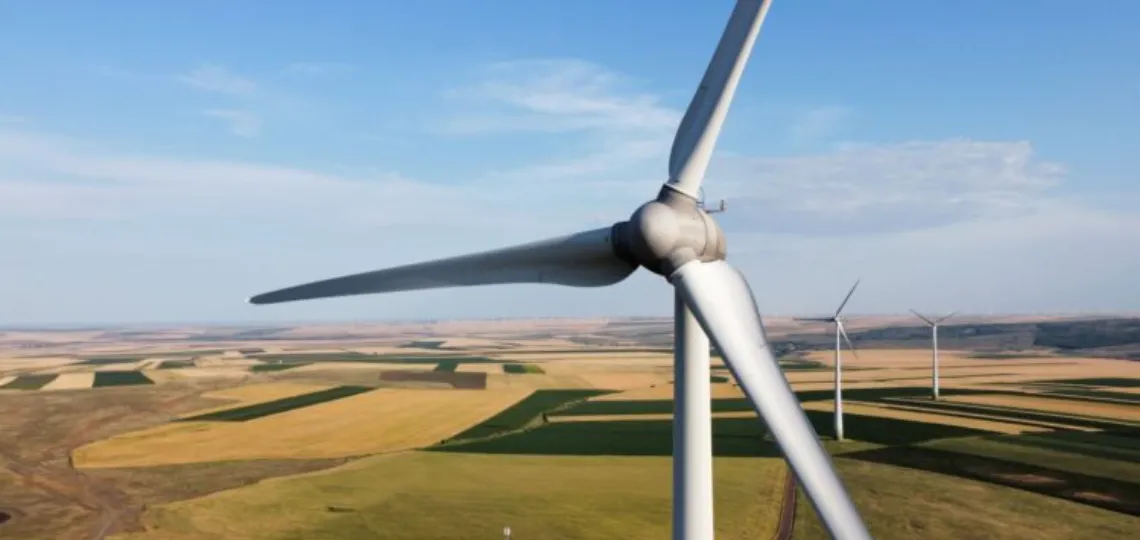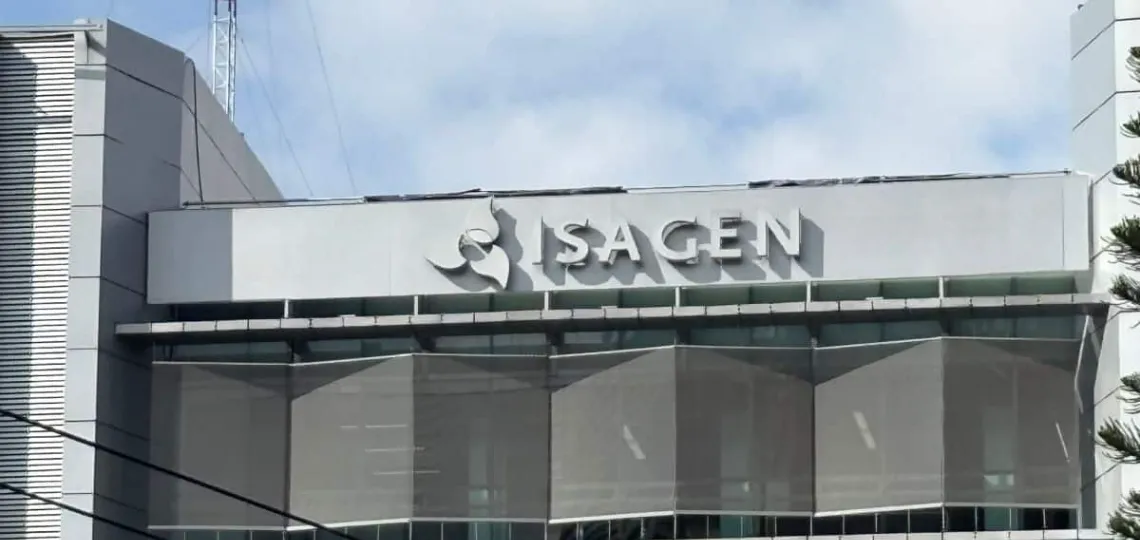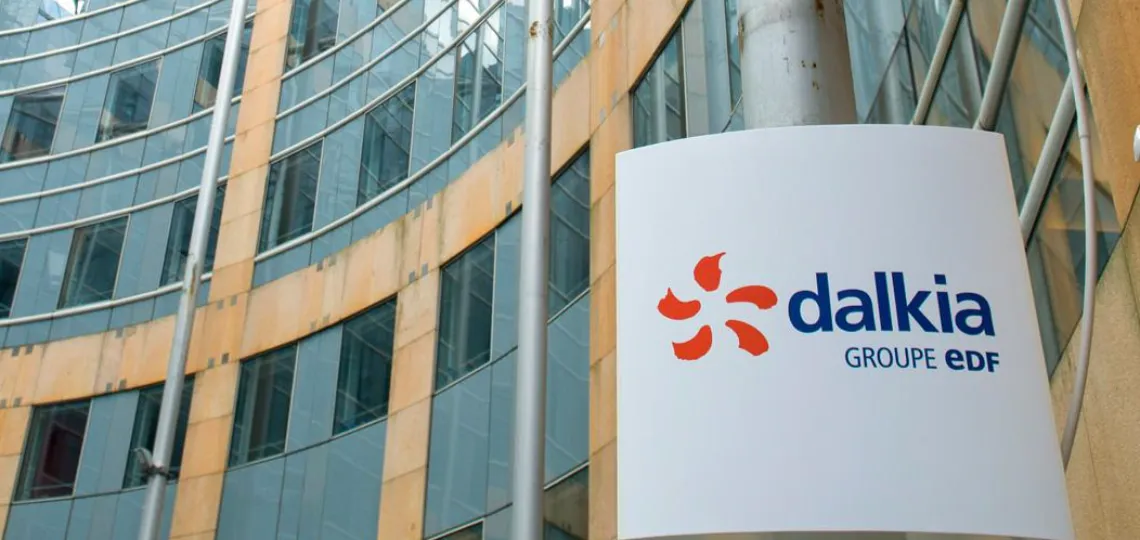- Partenariats commerciaux
- Focus
- Sector Analysis
Nano Nuclear and the University of Illinois will begin drilling operations for the KRONOS MMR™ reactor on October 24, marking a key step toward commercialisation of the nuclear project on the Urbana-Champaign campus.
Geronimo Power has started construction of the Bee Hollow solar project, valued at $54mn, in St. Clair County, delivering jobs, tax revenue and a partnership with the IMEA municipal agency.
Calpine Corporation has finalised a public funding agreement to accelerate the construction of a peaking power plant in Freestone County, strengthening Texas’s grid response capacity during peak demand periods.
Greenflash Infrastructure has finalised the acquisition of Rock Rose, a 200 MW energy storage project located in Fort Bend County, to strengthen its ERCOT market portfolio.
Natura Resources is finalising construction of the MSR-1, an advanced liquid-fuel nuclear reactor, with a planned launch in 2026 on the Abilene Christian University campus.
JPMorganChase commits $10bn in direct investments as part of a $1.5tn plan to boost energy independence and strategic technologies, including next-generation nuclear power.
The British government has approved Tillbridge Solar Farm, a 500-MW solar power plant with 2,310 MWh of energy storage, developed by Tribus Clean Energy and Recurrent Energy.
Eight local associations in Normandy and Hauts-de-France will receive a total of €120,000, financed by revenues from three RWE wind farms, to support public-impact projects in 2025.
CWP Europe formalised two major projects in Albania and Montenegro with backing from the European Commission, reinforcing the Balkans’ integration into the European energy market.
A roadmap under development aims to establish regulatory and technical foundations for the deployment of small modular reactors, with the goal of strengthening national energy security and attracting private capital.
Naftogaz urges the European Union to use Ukraine’s gas storage capacity as part of a strategic reserve system, while calling for the end of storage filling obligations after 2027.
Metacon acquired components from the bankruptcy estate of Hynion Sverige AB for SEK3.5mn ($320,000), aiming to support its hydrogen refuelling station projects in Sweden.
John Cockerill and Axens launch NesaBTF, an industrial torrefaction technology designed to optimise biomass supply, with targeted ambitions in the growing sustainable aviation fuel market.
EDF adjusts its 2025 nuclear production forecast to between 365 and 375 TWh, supported by the performance of its industrial programme START 2025 focused on maintenance efficiency.
wpd solar France has launched construction of a 140.6MWc photovoltaic park in Marcy, in the Nièvre department, integrating agricultural co-activity across 632 hectares in partnership with five local farms.
Independent energy producer CVE has inaugurated a 12 MWc solar farm on municipal land in Volx, generating 19 GWh annually and an estimated €5mn in economic returns over 30 years.
The 2025 edition of the Renewable Electricity System Observatory warns of the widening gap between French energy ambitions and industrial reality, requiring immediate acceleration of investments in solar, wind and associated infrastructure.
GreenYellow strengthens its presence in the French overseas territories with the acquisition of 18 rooftop photovoltaic installations in Réunion, totalling 3.1 MWc in capacity, as part of a strategy to consolidate its decentralised energy assets.
The rapid rise of agri-voltaic projects in France raises concerns over agricultural impact, land speculation and the economic viability of a still-emerging model.
The 2026 draft budget proposes eliminating tax incentives for B100 and E85 fuels, prompting opposition from agricultural unions concerned about the economic impact on the biofuel sector.
- Last news
Swedish company Liquid Wind has secured €3.6mn in public funding for the engineering phase of its eMethanol plant, integrated into a biomass-fuelled cogeneration site.
A study conducted in the Gulf of Lion highlights the risk of collisions between migratory birds and floating wind turbine blades, as the region prepares to host 19 additional turbines by 2031.
European inventories curbed price declines as liquefied natural gas (LNG) supply expands and demand stays weak. Cargo arbitrage favours Europe, but winter will determine the equilibrium level.
—
Spanish producer Moeve becomes the first external SAF supplier to join Shell’s blockchain-based platform designed to expand low-emission jet fuel adoption.
Costain has been selected to upgrade essential utilities at the Sellafield nuclear site under a contract worth up to £1bn over fifteen years.
Sonatrach and Midad Energy North Africa signed a production-sharing hydrocarbon contract in the Illizi South perimeter, involving a total investment estimated at $5.4bn for exploration and exploitation of the site.
Aramco CEO Amin Nasser warns of growing consumption still dominated by hydrocarbons, despite massive global energy transition investments.
China imported an average of 11.5 million barrels of crude oil per day in September, supported by higher refining rates among both state-run and independent operators.
Kuwait Petroleum Corporation annonce une découverte majeure dans la zone offshore avec le champ de Jazah, soutenant les efforts publics d’investissement dans les infrastructures énergétiques nationales.
The 50 MW Kong solar power plant marks a new step in Côte d’Ivoire’s national grid expansion, with CFA37bn ($60.5mn) in funding and commissioning set for early 2027.
The Nexans Board of Directors has officially appointed Julien Hueber as Chief Executive Officer, ending Christopher Guérin’s seven-year tenure at the helm of the industrial group.
The New Vista vessel, loaded with Abu Dhabi crude, avoided Rizhao port after the United States sanctioned the oil terminal partly operated by a Sinopec subsidiary.
A 5,000-megawatt nuclear programme will be launched by the South African government with NECSA to support national electricity supply and reduce power cuts.
OPEC confirms its global oil demand growth forecasts and anticipates a much smaller deficit for 2026, due to increased production from OPEC+ members.
Canada’s IsoEnergy will acquire Australia’s Toro Energy for AUD75mn ($49mn), creating a diversified uranium production platform with assets across Australia, Canada and the United States.
New Delhi plans to allocate INR6.4tn ($77bn) to develop transmission infrastructure for 76 GW of electricity from the Brahmaputra Basin by 2047, amid growing cross-border pressures.
EDP will accelerate two major solar projects in Australia after securing government-backed contracts under the Capacity Investment Scheme.
JP Morgan Chase has launched a $1.5 trillion, ten-year investment initiative targeting critical minerals, defence technologies and strategic supply chains across the United States.
Westbrooke Real et son partenaire CVE South Africa ont racheté un portefeuille solaire couvrant 91 stations Shell en Afrique du Sud, marquant un transfert d’actifs majeur dans le secteur énergétique local.
The upcoming Sizewell C nuclear power plant secures its fuel supply through agreements signed with Urenco and Framatome, marking a key step in strengthening the United Kingdom’s long-term energy stability.





